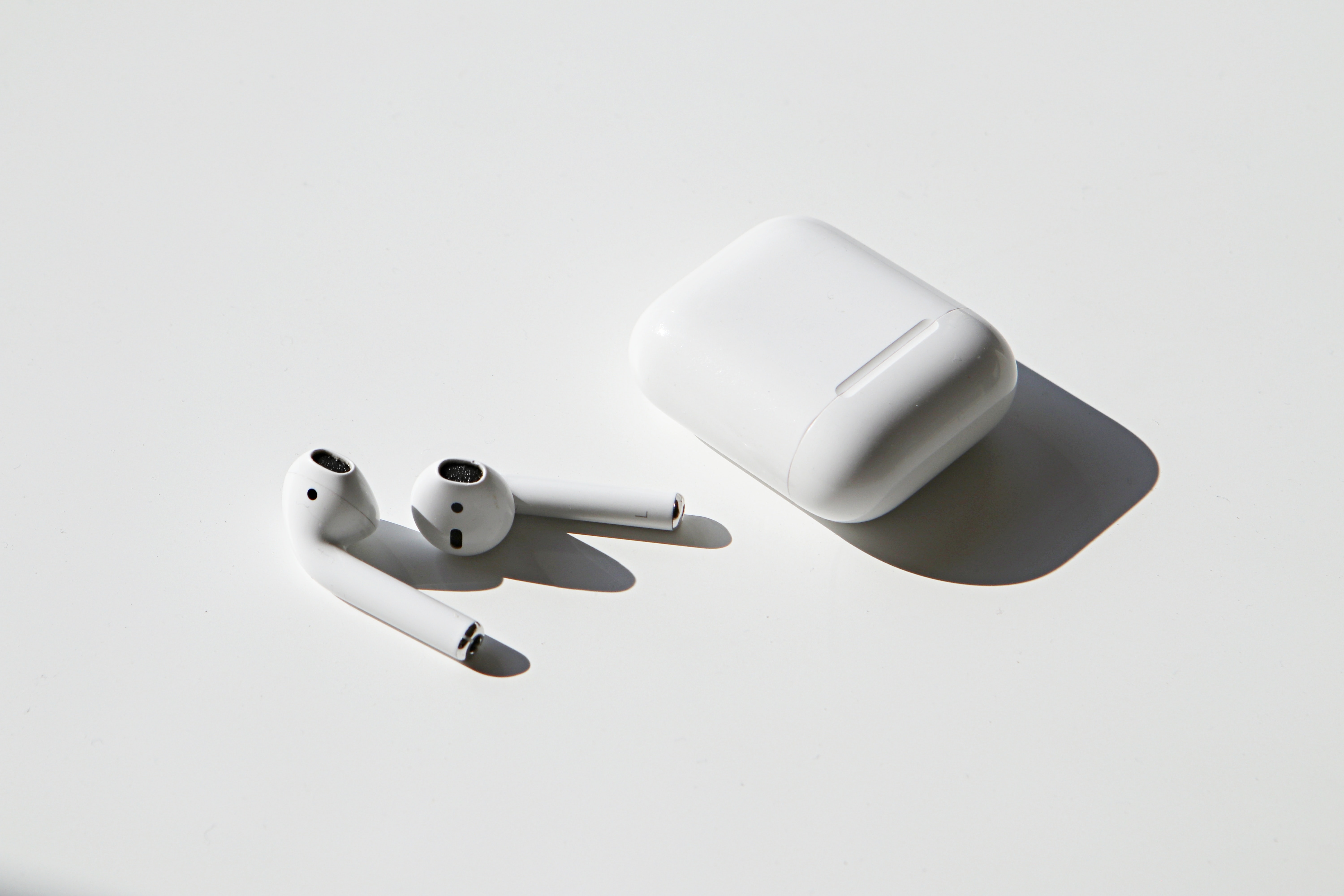Sally Sara: Well, with much of the country in the depths of winter, many of us might be feeling a touch of the blues. But for people experiencing seasonal affective disorder or seasonal depression, it can be much more serious. Researchers want to raise awareness about the symptoms, treatments, and when to contact a health provider. Alexandra Humphries reports.
Alexandra Humphries: It’s a dreary, grey day in Hobart. This winter’s long stretches of cold weather and dark days are getting people down. It’s estimated about 9% of people in the southern capital suffer from seasonal affective disorder, a depressive disorder that hits when the weather changes.
Adriana Nevarez-Flores: Even if you’re in the bus or in the street, you can hear people complaining about this change of functioning during winter. We can hear people saying, I’m definitely feeling sad, this is not normal.
Alexandra Humphries: Adriana Navarez-Flores is a psychiatrist and researcher with the University of Tasmania based in Hobart. She says seasonal affective disorder isn’t just the winter blues. It has to be present in the same season for at least two years and persist over more than two weeks. It can impact people all over the country.
Adriana Nevarez-Flores: The most important thing is there needs to be a change in the previous functioning, you know, so they notice that definitely something is going on because they were not like that. So there is a change. The symptoms are causing clinically significant distress or impairment.
Alexandra Humphries: While it’s less common, the disorder can affect some people during summer too. Adriana Navarez-Flores says there are plenty of symptoms to watch out for, including wanting to sleep a lot, weight gain, loss of energy and carbohydrate cravings. And they go away when the season changes.
Adriana Nevarez-Flores: The symptoms are depressed mood most of the day, nearly every day. People can feel like a lack of interest or pleasure in almost all the activities that they used to do.
Alexandra Humphries: Researchers don’t quite know what causes seasonal affective disorder, but scientists think it could be because we get less sunlight during winter. Chris Moy is a GP from Adelaide and a former vice president of the Australian Medical Association.
Chris Moy: We do know that some of the chemicals in your brain changes, like there’s a drop in a chemical called serotonin. But also, we almost go into a hibernation mode because of the decreased light period and increased darkness. There’s an increase in a hormone called melatonin, which puts us in a mood to sleep.
Alexandra Humphries: Dr Moy says that can make patients feel like a bear, wanting to hibernate. But that’s the opposite of what you should do to manage it.
Chris Moy: You really need to eat well. Don’t overeat, number one, because we know that, for example, in true seasonal affective disorder, people often put on weight, you know, several kilos during winter. You don’t want to sort of oversleep. Like, keep a good sleep routine. Don’t sleep in too much. Exercise to try and get your body moving because you’ll feel warmer during the day, you won’t feel the cold so much, and you’ll feel a bit more energy.
Alexandra Humphries: He suggests people try to get more light.
Chris Moy: Now, that can be by sort of getting out into the sunlight earlier in the day, you know, having a walk, walk your dog, get some daylight into your eyes. Or, and for some people, that is difficult. So you may want to, for example, install sort of brighter lights in your house. And when you wake up in the morning, and don’t wake up too late, turn them on and get that light into your eyes.
Alexandra Humphries: Dr Moy urges anyone who thinks they might have seasonal affective disorder to see their medical practitioner.
Sally Sara: That’s Alexandra Humphries with additional reporting from Paige Cockburn.



